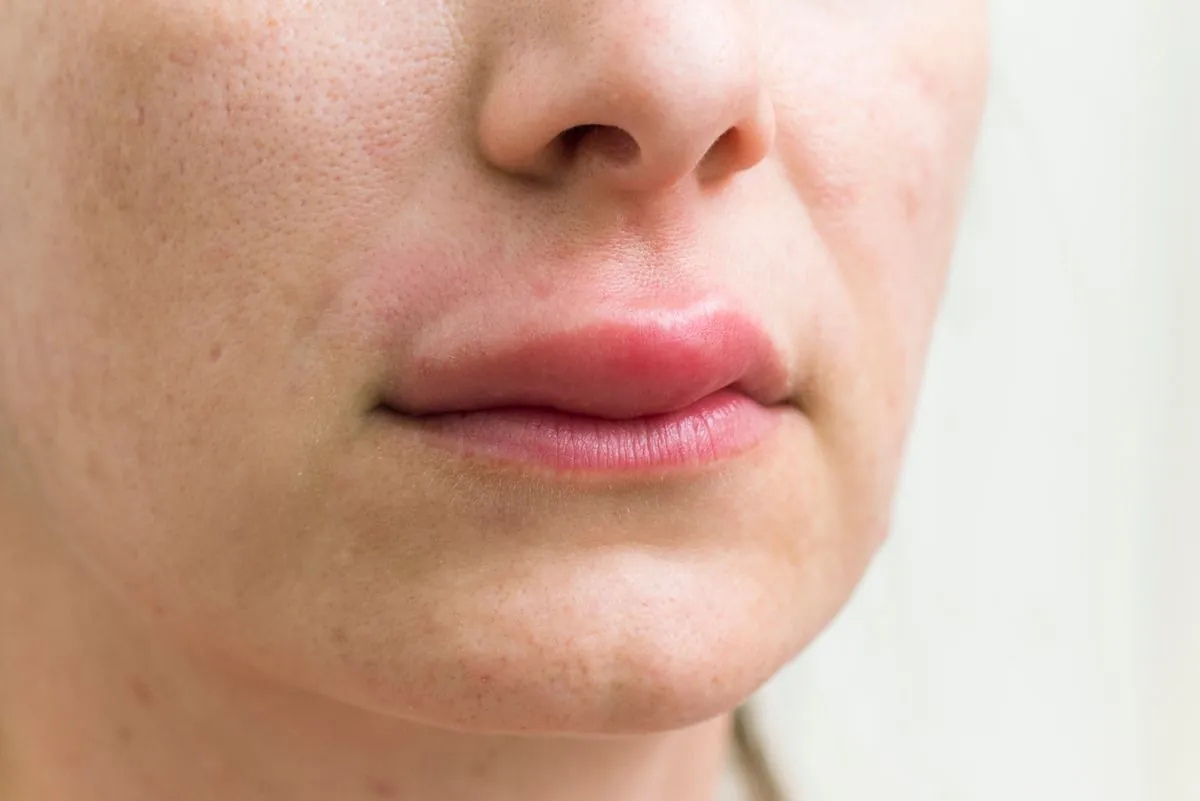Unraveling the Mystery of Sudden Lip Swelling: Causes and Solutions
Explore the perplexing world of angioedema, a condition causing sudden lip swelling. Learn about its various triggers, from food allergies to medication side effects, and discover effective management strategies.

Sudden lip swelling can be a distressing and painful experience, often leaving individuals puzzled about its cause and treatment. This condition, known as angioedema, affects approximately 15% of the population at some point in their lives. First described by German physician Heinrich Quincke in 1882, angioedema continues to perplex both patients and medical professionals alike.
Angioedema is characterized by the rapid swelling of deep layers of skin, typically affecting the face, lips, and sometimes other body parts. Unlike hives, which affect the skin's surface, angioedema occurs in deeper tissues. The swelling can last from a few hours to several days, often resolving spontaneously but potentially causing significant discomfort and functional impairment.
One of the primary culprits behind angioedema is food allergies. Common triggers include nuts, dairy products, shellfish, and chilli peppers. Interestingly, these allergic reactions can develop suddenly, even to foods previously consumed without issue. As one patient reported, "I had eaten fish happily all my life, then suddenly my lips would swell up alarmingly after meals."

Identifying the specific food trigger is crucial for preventing future episodes. Once identified, avoiding the allergen is the most effective prevention strategy. For immediate relief, applying cool compresses or ice cubes to the affected area can help reduce swelling and discomfort.
Antihistamines play a vital role in managing angioedema caused by allergic reactions. Medications such as fexofenadine or cetirizine are commonly prescribed, though higher doses than usual may be necessary for effective relief. In severe cases, oral steroids like prednisolone might be required.
It's important to note that angioedema can also be a side effect of certain medications. Blood pressure-lowering drugs known as ACE inhibitors, such as captopril and lisinopril, are known to cause a more severe form of angioedema. This connection can be particularly challenging to identify, as symptoms may not appear until months after starting the medication.
The global market for angioedema treatment is expected to reach $3.8 billion by 2028, reflecting the growing recognition and management of this condition. Research is ongoing into new targeted therapies for different types of angioedema, offering hope for more effective treatments in the future.
While food allergies and medication side effects are common causes, angioedema can also be triggered by various other factors. These include stress, physical exertion, extreme temperatures, viral infections, and even insect bites or stings. In some cases, angioedema may be associated with underlying conditions such as autoimmune disorders, thyroid problems, or rare blood disorders.
For individuals experiencing recurrent episodes of angioedema, specialized blood tests can help diagnose specific types of the condition. Some patients may benefit from long-term prophylactic treatment or carrying emergency epinephrine injectors for severe reactions.
It's crucial to seek medical attention if angioedema affects the throat or tongue, as it can potentially cause life-threatening airway obstruction. While most cases resolve on their own, understanding the triggers and having a management plan in place can significantly improve quality of life for those affected by this perplexing condition.
"The immediate discomfort and swelling can be mitigated by applying a cool compress (or ice cubes) and, as the allergic reaction is mediated by the chemical histamine, taking an antihistamine such as fexofenadine or cetirizine – though this may have to be taken at a considerably higher dosage than is customary."
As research continues and our understanding of angioedema grows, those affected by this condition can look forward to more targeted and effective treatments in the future. In the meantime, working closely with healthcare providers to identify triggers and develop personalized management strategies remains the best approach for dealing with this challenging condition.


































